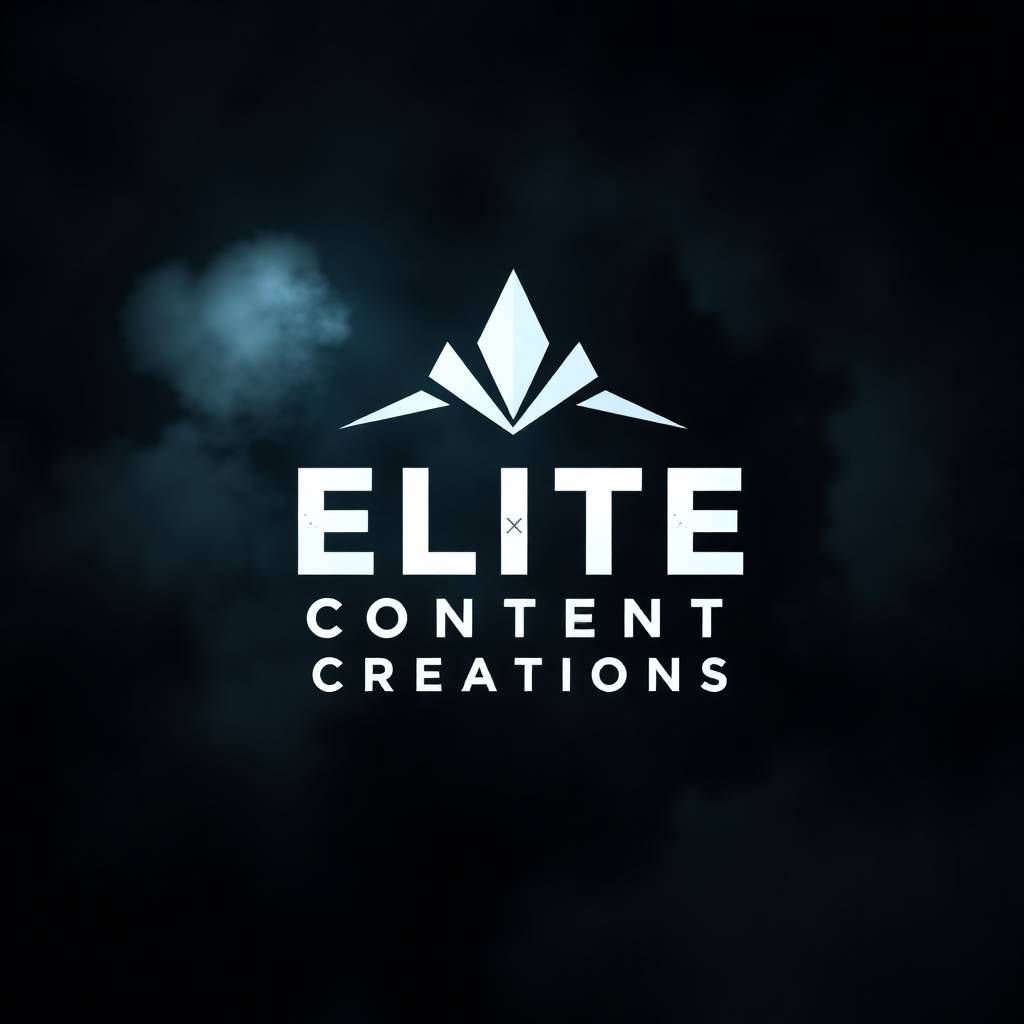Creating an Effective AI-Driven Marketing Plan for the Holiday Season
Understanding the Role of AI in Holiday Marketing
As the holiday season approaches, businesses must gear up for one of the most critical sales periods of the year. Leveraging AI in your marketing plan can be a game-changer, offering insights and efficiencies that traditional methods simply cannot match. AI can help businesses predict consumer behavior, personalize marketing efforts, and optimize resource allocation.

AI-driven marketing strategies allow companies to analyze massive datasets and extract actionable insights. By understanding customer preferences and predicting trends, businesses can tailor their campaigns to resonate with their audience. This level of customization is crucial during the holiday season when competition is fierce, and consumer expectations are high.
Setting Clear Objectives for Your AI-Driven Campaign
Before diving into AI tools, it's essential to establish clear objectives for your holiday marketing campaign. Determine what you aim to achieve—whether it's increasing sales, boosting brand awareness, or enhancing customer engagement. These goals will guide your AI strategy and help in selecting the right tools and techniques.
Start by analyzing previous holiday campaigns to identify what worked and what didn't. Use this data to refine your objectives and set realistic benchmarks. Understanding past performance will make your AI efforts more targeted and effective.
Choosing the Right AI Tools
With a plethora of AI tools available, selecting the right ones for your business can be daunting. Consider tools that offer data analytics, customer segmentation, and personalized marketing capabilities. Platforms like Google Analytics with AI enhancements or specialized services like IBM Watson Marketing provide powerful insights into consumer behavior.

Beyond analytics, AI-driven chatbots can enhance customer service during peak shopping periods. These bots provide instant responses to customer queries, ensuring your team can focus on more complex issues. Additionally, AI-powered recommendation engines can personalize product suggestions, increasing the likelihood of conversion.
Implementing AI in Your Marketing Strategy
Once you've selected your tools, the next step is implementation. Integrate AI solutions into your existing marketing infrastructure, ensuring all team members understand their roles in the new system. Training sessions may be necessary to familiarize staff with AI technologies and processes.
AI should enhance—not replace—human creativity and intuition. Use AI insights to inform decisions but continue relying on your team's expertise to craft compelling narratives and engaging content. This balance will ensure your marketing remains authentic and impactful.
Monitoring and Adjusting Your Campaign
An AI-driven marketing plan requires continuous monitoring and adjustment. Track performance metrics closely and be ready to adapt your strategy based on real-time data. AI tools often provide dashboards that highlight key performance indicators, making it easier to identify trends and opportunities.

Regularly reviewing campaign performance allows you to make data-driven decisions. If something isn't working as expected, adjust your approach promptly. The agility offered by AI solutions is one of their greatest strengths in a dynamic market environment.
Looking Ahead: Post-Holiday Analysis
After the holiday rush, take time to analyze the results of your AI-driven marketing campaign. Identify successes and areas for improvement, using these insights to refine future strategies. Post-holiday analysis not only enhances future campaigns but also strengthens your overall marketing framework.
By embracing AI in your marketing plan, you position your business for success not just during the holiday season but throughout the year. Begin planning early, stay flexible, and let AI guide you towards achieving your most ambitious goals.
